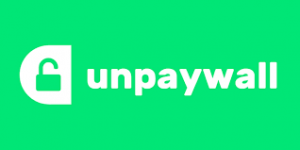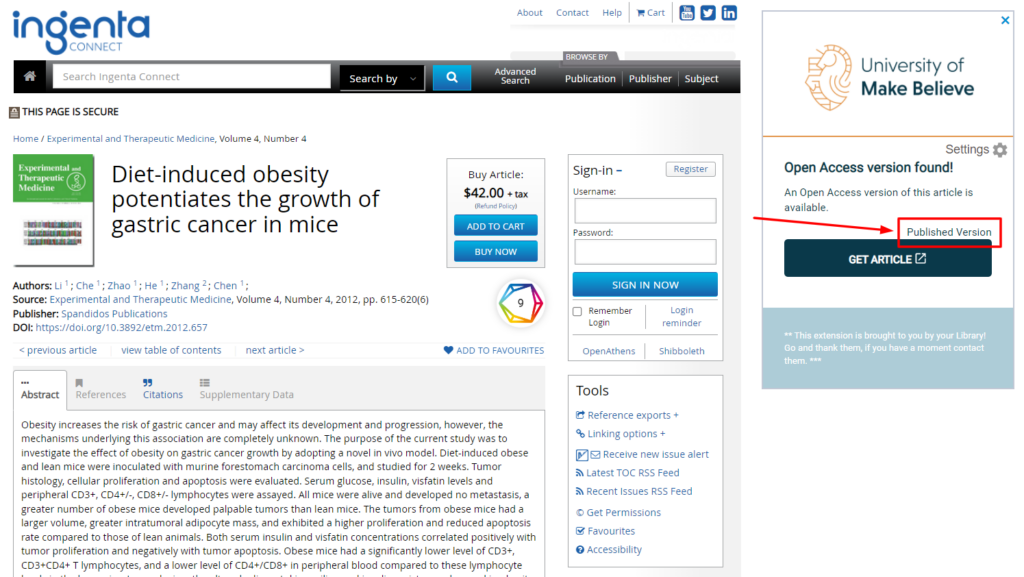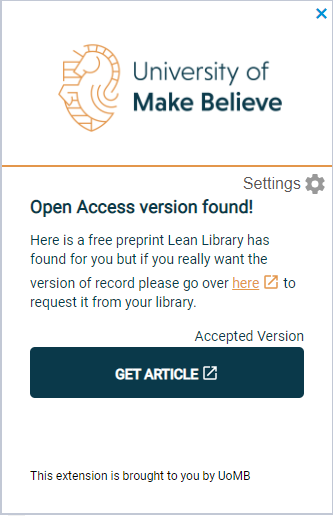 At Lean Library, we help librarians deliver library services directly into patron workflows via a browser extension. We put the library at the front and centre of the user’s experience by integrating with the library’s holdings systems, authentication systems, and other content managing and library systems. One of Lean Library Access’ core features, Alternatives, offers patrons a full text and legal version of articles. When patrons encounter articles that are behind paywalls when they’re researching online, Alternatives looks to see if they have already have access via their library. Initially, we aim to surface versions that the library licenses through their subscriptions. However, when the item is not licensed by the library, we check for an Open Access version using the Unpaywall repository.
At Lean Library, we help librarians deliver library services directly into patron workflows via a browser extension. We put the library at the front and centre of the user’s experience by integrating with the library’s holdings systems, authentication systems, and other content managing and library systems. One of Lean Library Access’ core features, Alternatives, offers patrons a full text and legal version of articles. When patrons encounter articles that are behind paywalls when they’re researching online, Alternatives looks to see if they have already have access via their library. Initially, we aim to surface versions that the library licenses through their subscriptions. However, when the item is not licensed by the library, we check for an Open Access version using the Unpaywall repository.
Unpaywall – What are the benefits?
Unpaywall is a very valuable tool as prior to this integration we had to rely solely on the DDS/IIL integration which enables patrons to order/borrow an article through their library. With Unpaywall we can now surface Open Access versions along with institutionally licensed versions. Since integrating with Unpaywall in 2017 we have provided Open Access articles to our clients nearly three million times!

An example of an Open Access article located using the Lean Library browser extension
Unpaywall – Open Access Version Classification
By integrating with Unpaywall, we are able to flag whether a paper is submitted, peer-reviewed or published when patrons surface Open Access articles. This helps patrons to decide whether the available version is relevant and effective for their research and specific use case. This enables them to have even more control over the quality and curation of their content.

The Lean Library browser extension pop-up shows the version classification for content sourced via Unpaywall
Unpaywall API – Data Export
Since 2017, Lean Library has been utilising Unpaywall’s public API to search Open Access journal articles. Due to our continuous end-user growth, we’re currently looking into using the data export offer from Unpaywall. This allows us to combine Unpaywall data with our own metadata repository which helps conduct faster and fewer lookups (data queries). Additionally, by integrating the data into our internal database, we can create customised lookups to our specific needs.